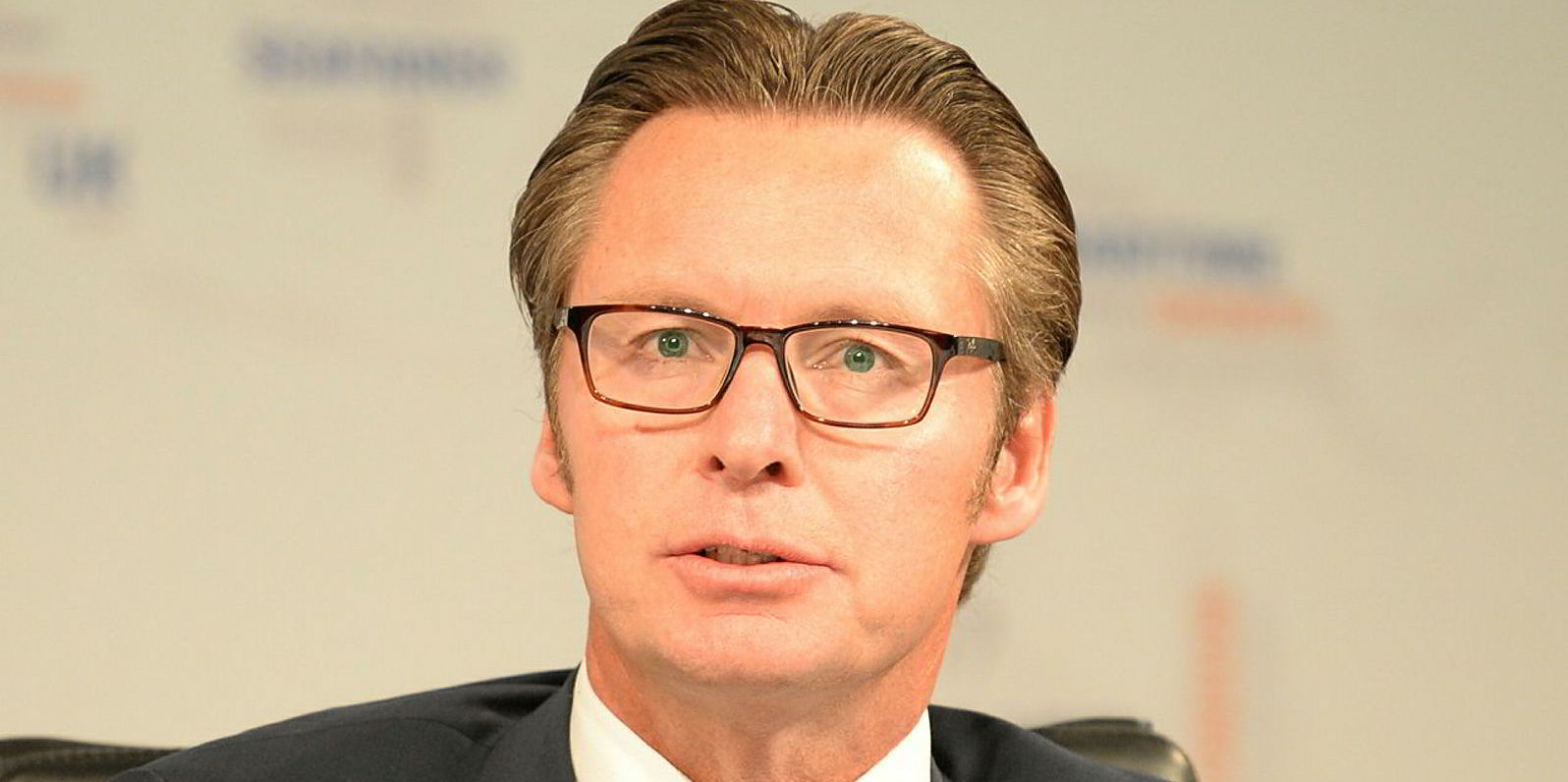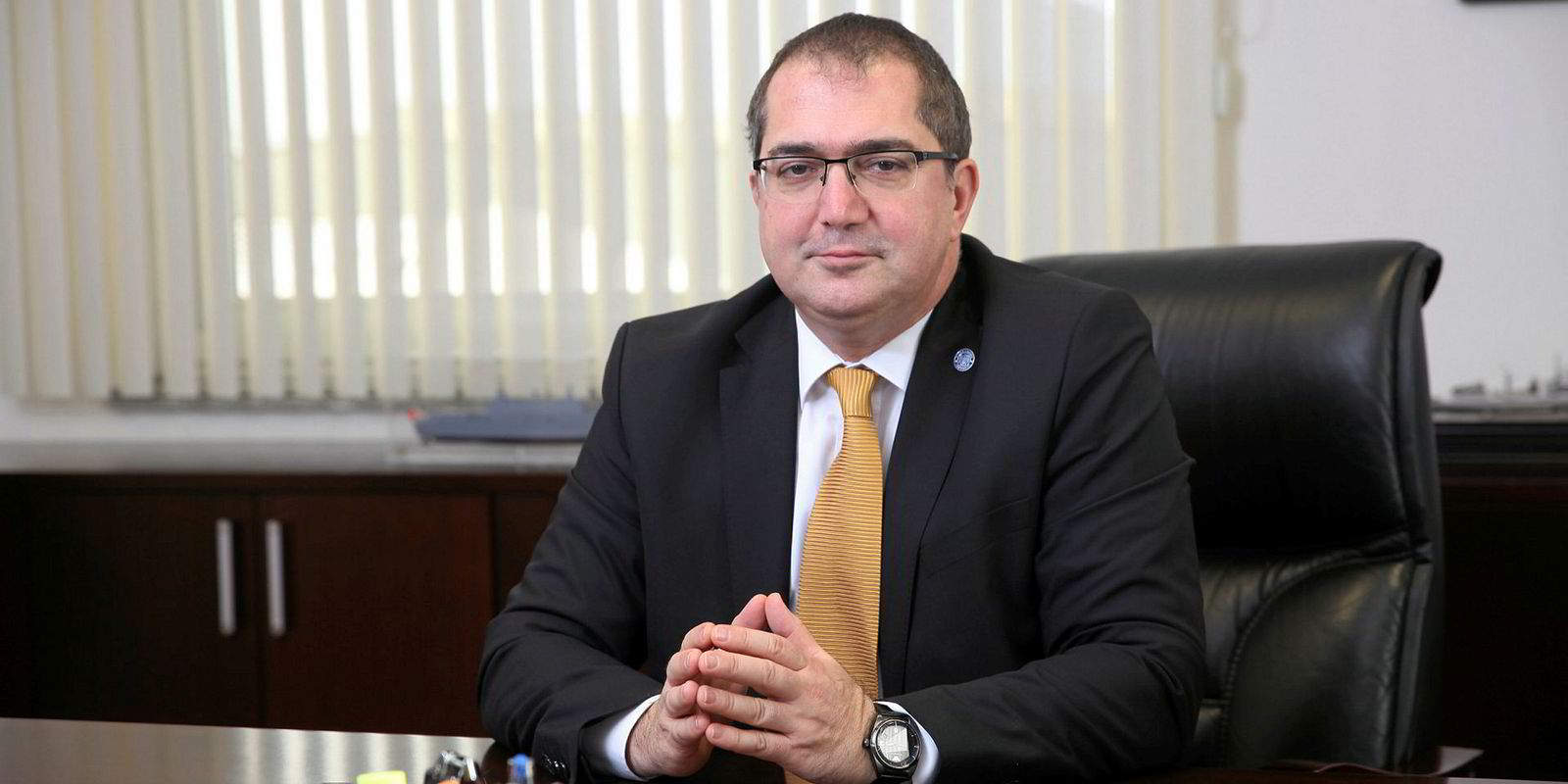Several members of the International Association of Classification Societies (IACS) have again been ranked as “medium risk” by a Paris MOU review.
IACS has traditionally been regarded as the association for the highest quality classification societies, but the latest probe of inspection and certification associations and recognised organisations suggests that might not always be the case.
Leading IACS members dominate the “low risk” category of the assessment published this week, but three members failed to improve on their “medium risk” ranking.
The Indian Register of Shipping, Polish Register of Shipping and Croatian Register of Shipping were all rated medium risk, according to the three-year rolling assessment of port state control performance.
The three were outperformed by lesser-known classification societies and recognised organisations, such as the Phoenix Register of Shipping and the International Naval Surveys Bureau. The Croatian Register was outperformed by Panama Maritime Documentation Services.
The latest figures are likely to concern Turk Loydu, a classification society which has been frustrated in its attempts to join IACS.
Turk Loydu was ranked in the top 10 classification societies in the Paris MOU, outperforming the three medium-risk IACS societies.
A Turk Loydu spokesperson said: "This is the 12th time consecutively that we are on the white list of this performance list. We believe that this endorses the quality of Turk Loydu fleet and the quality of the services that we provide to shipowners as a recognised organisation."
During his one-year tenure, outgoing IACS president Knut Orbeck-Nilssen attempted to improve quality standards for existing members, as well as the application process for classification societies seeking to join.
When he announced the quality drive in April, Orbeck-Nilssen said that IACS societies needed to be seen as setting the highest quality standards for the industry.
He said: “When many in the maritime community feel like their businesses are in dire straits, IACS and its members, the top classification societies, need to be a beacon of light setting the course ahead — with modern requirements, transparent processes and the highest quality service.”
Some observers have argued that the assessment by the Paris MOU, a coalition of maritime administrations in Europe and North America, can be unfair. It rates recognised organisations based on the ratio of detentions and deficiencies per inspection. However, sometimes the number of inspections is limited, leading to an unfair assessment of performance. For example, in this year’s figures, the Indian Register of Shipping had zero detentions but only 95 inspections.
In addition, some claim the three-year rolling assessment does not accurately reflect the most recent improvements.
The distinction between low-risk and medium-risk recognised organisations also appears to be arbitrary. The Paris MOU includes 11 recognised organisations in its low-risk category but the Tokyo MOU extends its low-risk list to include 23 recognised organisations.
The American Bureau of Shipping came top of the IACS list of performers, followed by Lloyds’ Register and DNV GL.
The Paris MOU has also released the latest figures for flag state performance. Surprisingly, the US flag has fallen from the white list of top performers to the grey list of middle ranking flag states.
France returned the best figures to top among the 40 flag states that make up the white list with zero detentions out of 258 inspections.
The Cayman Islands, a Red Ensign group flag, ranked second, while the Netherlands ranked third.
Both Poland and the Republic of Korea made a return to the white list from the grey list.
Tuvalu improved enough to make it onto the grey list from the black list.
The Republic of Congo was rated by the Paris MOU as shipping’s worst-performing flag with 28 detentions out of 104 inspections.
This article has amended since publication to reflect that three IACS classification societies were outperformed by lesser known recognised organisations and classification societies, rather than by just inspection companies.




